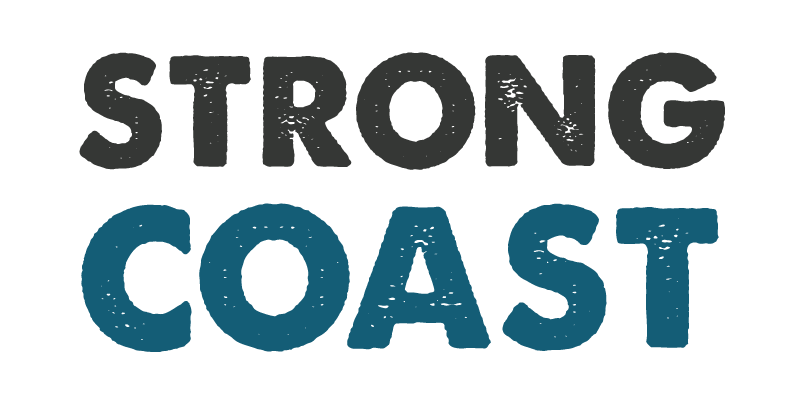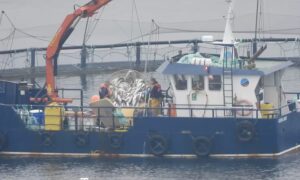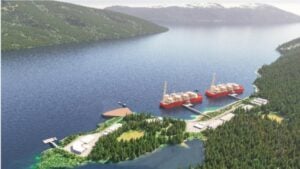As the end of June draws closer, marking the expiration of the remaining 66 fish farm licences across BC, communities, advocates for wild fish recovery, and the aquaculture industry are all waiting with bated breath to see what Ottawa will do.
Both anti- and pro-fish farm parties claim that science is on their side, with the former group banking on the federal government’s promises to phase out salmon farming in BC by 2025.
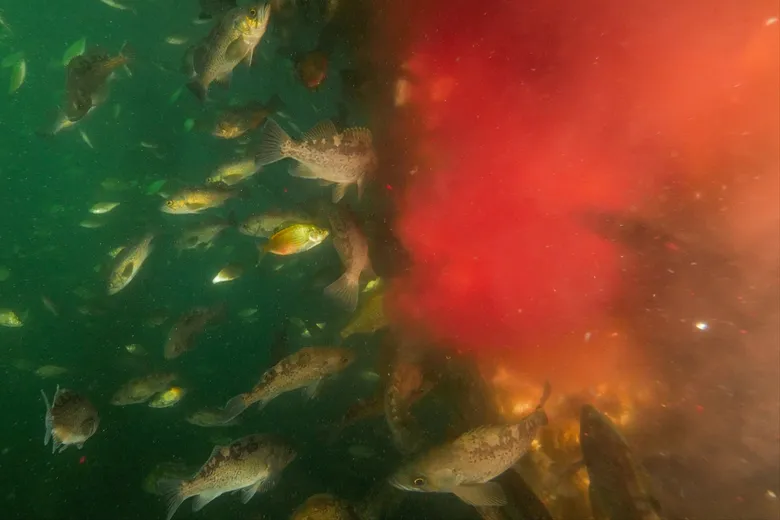
Unpredictable Tides
In October 2023, reports emerged of fish farms in Tofino owned by industry giant Cermaq expanding despite the government’s decision to transition away from aquaculture in BC. Cermaq’s fish farms are located in Clayoquot Sound, a UNESCO Biosphere Reserve.
This is just one of the moves undertaken since the 2023 closing of 15 Mowi fish farms in the Discovery Islands that have cast doubt on the DFO’s intentions to transition away from open-net fish farms. Anti-fish farm advocates have made multiple calls to the government to speed up the transition process so as not to exceed the deadline. During this time, uncertainty has mounted as a transition plan has never been released while rumours of talks between the government and industry on extending fish farm licences have been circulating.
When wild salmon thrive, our ecosystems thrive, and the entire planet benefits.
— Diane Lebouthillier (@DiLebouthillier) December 18, 2023
Here in #BritishColumbia, I am on the ground to highlight the importance of working together, governments, First Nations and stakeholders, towards a responsible, realistic, and achievable transition. pic.twitter.com/4SJeraON6v
Now, reports are emerging that the current Fisheries Minister, Diane Lebouthillier, is set to put forward a plan to renew existing licences of the remaining fish farms in BC for another eight to 10 years. It has been claimed that this plan will give the fish farms the needed time to “transition to systems that reduce interaction between wild and farmed salmon.”
Industry groups and First Nations involved in the aquaculture sector have banded together to petition the government on this issue. An open letter addressed to Prime Minister Trudeau by Isaiah Robinson, head of economic development for the Kitasoo Xai’xais Nation, said that the fish farm closures will result in losses of “$2.82 million in economic output, $2.8 million in employment income, and 60 jobs” for his Nation. Robinson and other industry advocates have asked for a licence renewal of six years, equivalent to two salmon farming cycles.
When the Government Said No to Salmon Farms
In 2020, former Fisheries Minister, Bernadette Jordan, decided to phase out all open-net pen salmon farms in BC’s waters. Her successor, Joyce Murray, continued with the plan three years later with the removal of 15 farms, operated by the aquaculture multinational Mowi, from the Discovery Islands. This move was not without consequences, as Mowi retaliated with a suit, citing “misfeasance in public office.” The case is ongoing, though Mowi’s claims have yet to be proven in court. A ruling favouring Mowi could mean a hefty fine for the government.
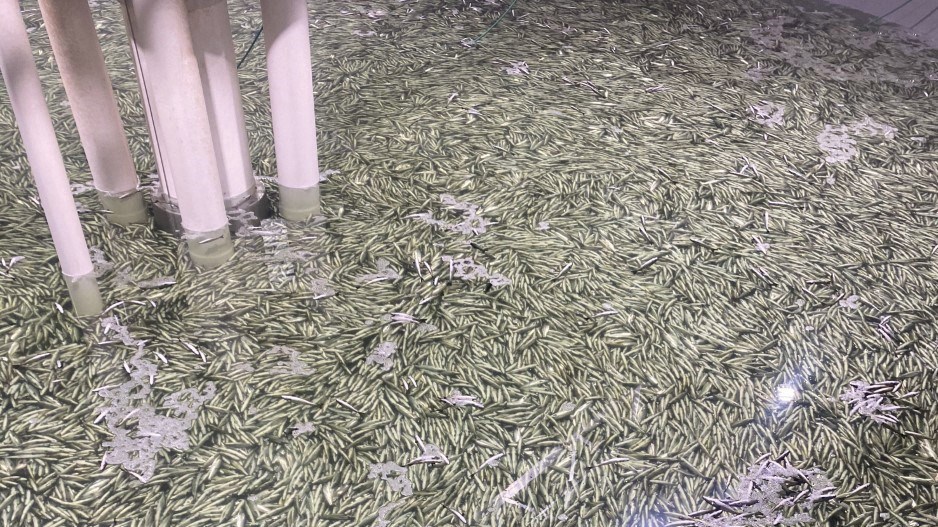
Jordan’s decision came following a 2012 report by the Cohen Commission, which linked the decline of Fraser River sockeye salmon to the spread of disease and parasites from fish farms. Murray was removed from her position and shuffled to another department in July 2023.
What Does the Science Say?
Opponents of the fish farm closures cite a report by the Canadian Scientific Advisory Secretariat, which refuted the claims made by the Cohen Commission. However, critics of the report, such as Bob Chamberlin, chair of the First Nations Wild Salmon Alliance, allege that there was industry involvement in the Canadian Science Advisory Secretariat and that a truly independent study should be undertaken instead.
In a Hill Times op-ed, Tony Allard, the chair of Wild Salmon Forever & Wild First, slammed the DFO as being “captured by the aquaculture industry.” Allard also noted that former fisheries minister Joyce Murray based her decision to close the Discovery Island fish farms on “a bibliography of 59 independent peer-reviewed papers confirming the harm they caused.”
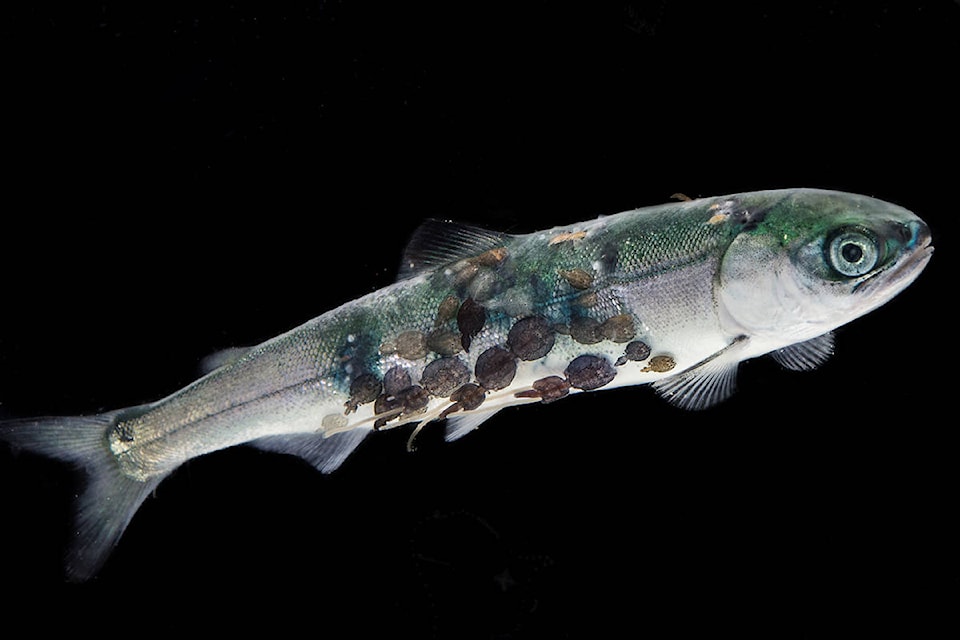
The Piscine orthoreovirus (PRV) is a virus that causes Heart and Skeletal Muscle Inflammation (HSMI) in Atlantic salmon. This virus has been found in farmed salmon populations, but BC-farmed salmon appear to have fewer cases. According to Allard, this is because the DFO invited industry voices to discussions on how to diagnose HSMI in salmon, which led to them adding “multiple criteria for diagnosing HSMI—not used anywhere else in the world—that have made it impossible to diagnose it.”
There will be an investigation by the Public Sector Integrity Commissioner into allegations that senior federal fisheries officials attempted to silence scientists researching the threats posed by open-net fish farms. In a letter obtained by the Globe and Mail, the Commissioner wrote that her office will look into whether officials have been “attempting to silence scientists through reprimands, to dissuade them from communicating with the media and the public about their research.”
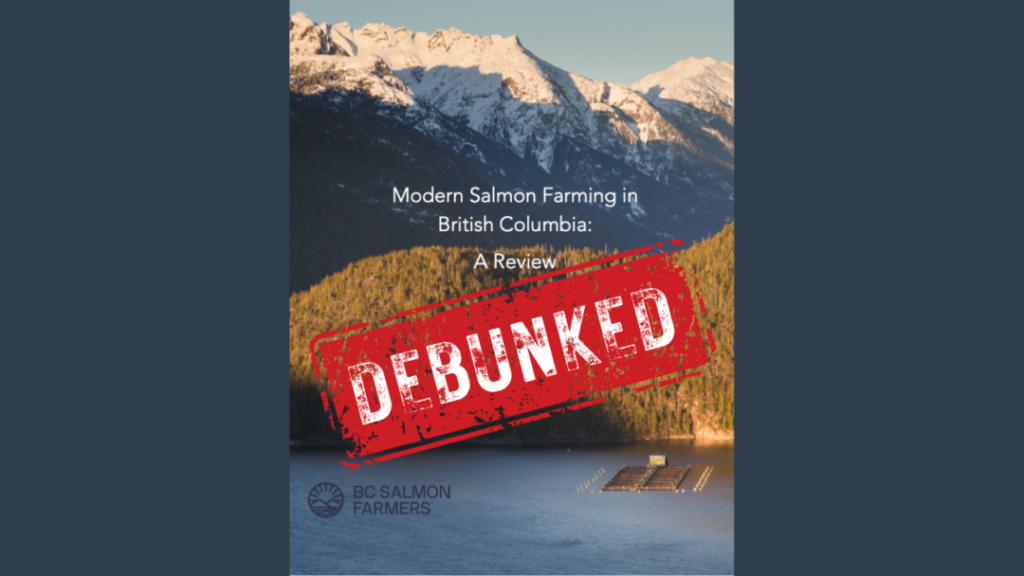
A 500-page publication, Modern Salmon Farming in British Columbia: A Review, released in April, refuted claims about the threats posed by open-net salmon farms. However, a scientist whose work was cited in the report in support of its claims criticized the report for its lack of peer review and tendency to cherry-pick. “The report simply avoids our findings and conclusion,” Stan Proboszcz, Senior Science and Policy Analyst at Watershed Watch Salmon Society, told The Skeena. “To the layperson, because they do mention a few of these independent papers, it may appear they’re attempting to be unbiased. But it’s really a piece of junk to anyone that’s studied this industry.”
The Future of Wild Salmon
The end-of-June expiration of the remaining fish farm licences in BC casts a long shadow over the province’s aquaculture sector. The BC government’s imminent decision on whether to renew these licences holds significant implications for communities, industry players, and environmental advocates alike. With competing reports and divergent scientific opinions, the debate remains heated. The outcome of this decision will not only shape the future of fish farming and wild salmon in British Columbia but also set a precedent for how Canada navigates the complex relationship between industry and environmental stewardship.
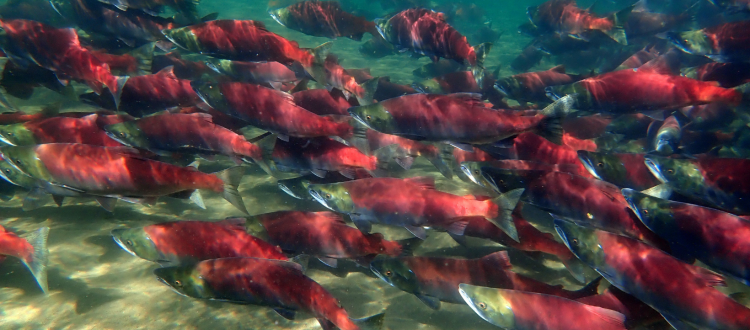
Earlier this month, representatives from over 120 First Nations, commercial fishers, tourism operators, business leaders, recreational fishers, scientists, and environmental NGOs sat together to reaffirm their expectations that the government keep its promise to transition open-net pen salmon farms out of BC waters by 2025. The government has until July 1st to make a final decision.
